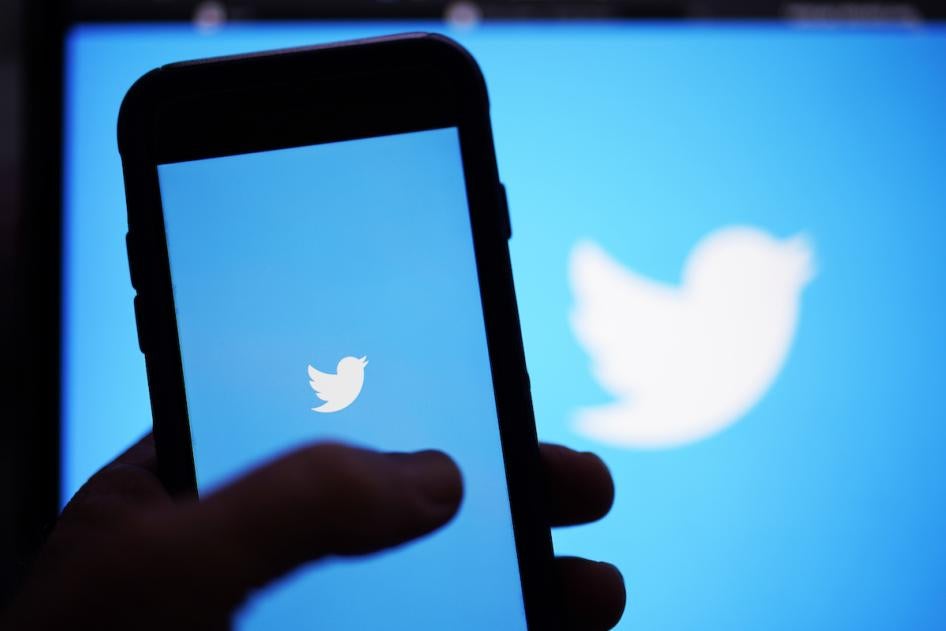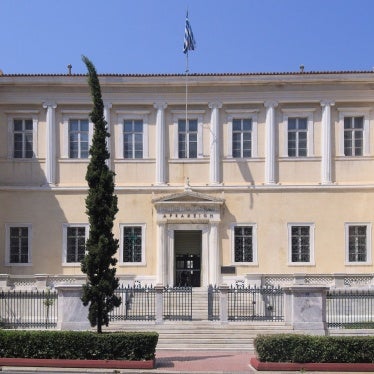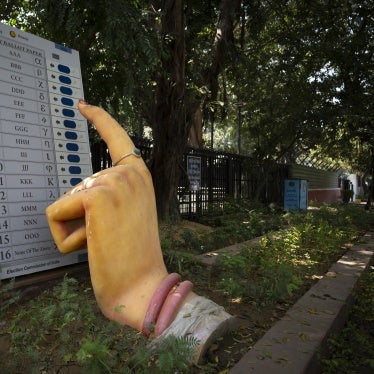In these early days of Elon Musk’s ownership of Twitter, there’s little to be optimistic about from a human rights perspective. Musk’s chaotic, shoot-from-the hip style has uncertainty swirling around the future of the platform, leaving many questions unanswered. But what we do know is concerning at least, and in some cases outright alarming.
One of the first, concrete actions Musk has taken is to lay off nearly half of Twitter’s staff, including the entire team dedicated to human rights, the accessibility team that tried to improve the experience of people with disabilities on Twitter, and the team working to reduce bias and harm. Soon after, key staff responsible for information security, privacy, and trust and safety resigned.
Musk’s sharing – and subsequent deleting – of noxious conspiracy theories around the attack on Democrat speaker Nancy Pelosi’s husband seem to confirm our worst fears of the billionaire’s worldview as a self-proclaimed “free speech absolutist.” Free speech is not the same as “any speech” – there are limits.
Last, but not least, is Musk’s plan to monetize verification on the platform. Simply charging users a monthly fee to be a “verified” user risks increasing impersonation and giving more currency to disinformation, as we have seen so clearly in recent days. For some, including human rights defenders, impersonation can carry serious, if not fatal, consequences. In the wake of the issues, Twitter suspended the further rollout of the Twitter Blue subscription service until further notice.
The old, inconsistent, and cumbersome process of getting verified on Twitter had many flaws, but at least attempted to bring some protection against impersonation.
Companies have a responsibility to respect human rights. In whatever form it takes, Twitter, like all social platforms, should be transparent, accountable, and consistent in the actions it takes that impact people’s human rights. Firing the people who have much-needed human rights and contextual knowledge is hardly consistent with these responsibilities. The potential harms – particularly to marginalized communities – are enormous, as we have seen in the past. (The Santa Clara principles on content moderation offer a framework for how to meet these challenges.)
Some of the issues surfaced by Musk’s takeover of Twitter point to the need to rethink social platforms in general. Social platforms are digital public squares, and as such take on many of the qualities of a public good – they need more democratic oversight including tougher regulations grounded in human rights standards. No individual should have the power Musk has over such critical information infrastructure.
It remains to be seen whether pressure – from advertisers fleeing to users stampeding for the exits – will constrain Musk and prompt him to move Twitter back onto a more rights-respecting footing. The stakes are high.
Twitter did not respond to our request for comment by the time of publication.









